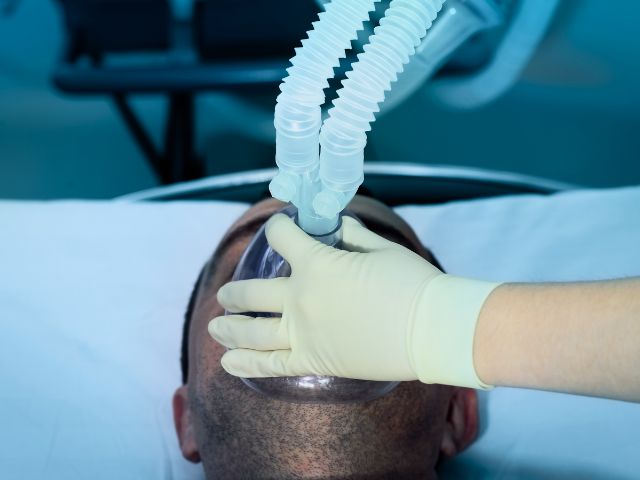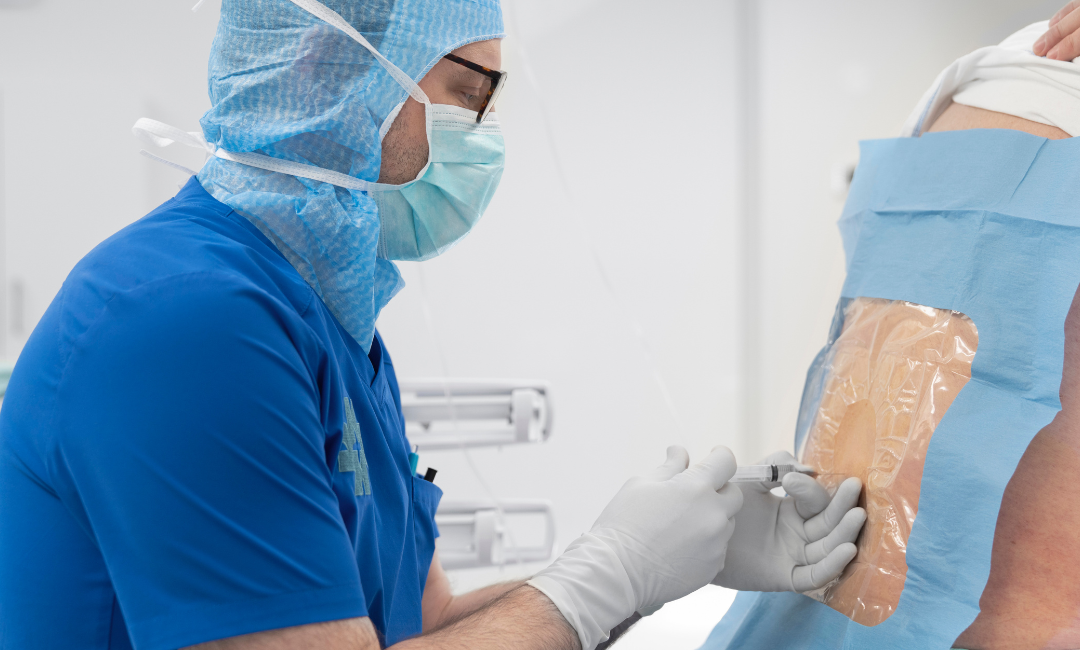Guillain-Barre Syndrome (GBS) is a rare and serious autoimmune disorder named after the French neurologists Georges Guillain, Jean-Alexandre Barre, and Andre Strohl. The syndrome first appeared in a series of case reports in 1916 where the three neurologists observed World War I patients with similar symptoms of muscle weakness, sensory disturbances, and autonomic dysfunction.
First thought to be a bacterial infection, GBS is a distinct collection of neuropathic conditions. The term “Guillain-Barre Syndrome” first appeared in a paper published in 1920 by Guillain, Barre, and Strohl.
Guillain-Barre Syndrome (GBS) has an estimated incidence rate of 0.6 to 4 cases per 100,000 people per year in the general population. However, the incidence rate may vary depending on geographic location and age group.
Overall, the development of GBS is a complex interplay between genetic, environmental, and immunological factors. GBS can affect people of all ages and all genders, but it is more common in adults and older individuals.
Some studies suggest men are slightly more likely to develop GBS than women. The exact cause of GBS is unknown, but factors such as recent viral or bacterial infections, surgeries, and vaccinations may increase the risk of developing GBS. Influenza, Campylobacter jejuni (A leading cause of foodborne illness), and cytomegalovirus may also contribute to the development of GBS.
In rare cases, GBS may develop after receiving certain vaccines, such as the influenza vaccine, tetanus toxoid, or rabies vaccine. GBS may develop after surgery, particularly abdominal or thoracic surgeries. This may be because of the immune system’s response to tissue damage or inflammation.
Other factors that may increase the risk of developing GBS include exposure to chemicals or toxins, such as insecticides or heavy metals, and having a history of autoimmune disorders.
Overall, GBS remains an uncommon condition, but its potential for serious complications and long-term effects underscores the importance of timely diagnosis and treatment.









